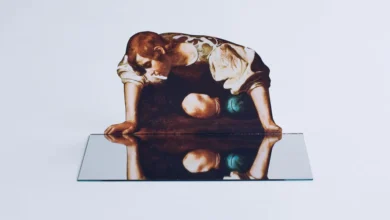Putin says organ transplants could grant immortality. Not quite.

On Wednesday, one scientist described how he’d been testing potential longevity drugs on the tiny nematode worm C. elegans. These worms live for only about 15 to 40 days, and his team can perform tens of thousands of experiments with them. About 40% of the drugs that extend lifespan in C. elegans also help mice live longer, he told us.
To me, that’s not an amazing hit rate. And we don’t know how many of those drugs will work in people. Probably less than 40% of that 40%.
Other scientists presented work on chemical reactions happening at the cellular level. It was deep, basic science, and my takeaway was that there’s a lot aging researchers still don’t fully understand.
It will take years—if not decades—to get the full picture of aging at the molecular level. And if we rely on a series of experiments in worms, and then mice, and then humans, we’re unlikely to make progress for a really long time. In that context, the idea of replacement therapy feels like a shortcut.
“Replacement is a really exciting avenue because you don’t have to understand the biology of aging as much,” says Sierra Lore, who studies aging at the University of Copenhagen in Denmark and the Buck Institute for Research on Aging in Novato, California.
Lore says she started her research career studying aging at the molecular level, but she soon changed course. She now plans to focus her attention on replacement therapies. “I very quickly realized we’re decades away [from understanding the molecular processes that underlie aging],” she says. “Why don’t we just take what we already know—replacement—and try to understand and apply it better?”
So perhaps Putin’s straightforward approach to delaying aging holds some merit. Whether it will grant him immortality is another matter.
This article first appeared in The Checkup, MIT Technology Review’s weekly biotech newsletter. To receive it in your inbox every Thursday, and read articles like this first, sign up here.




